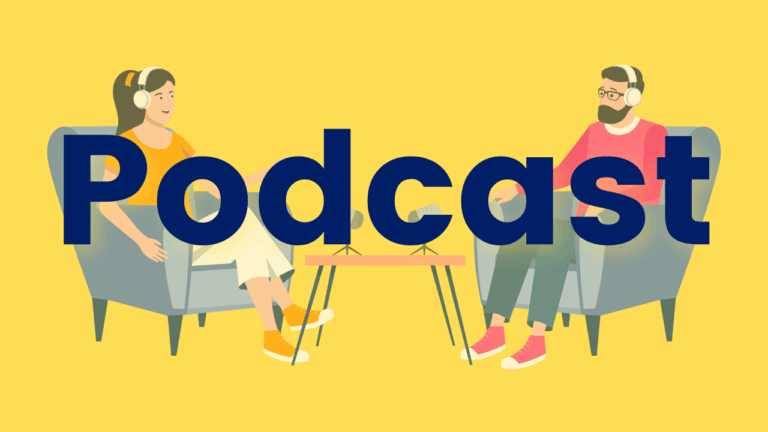Reading Road Trip: How To Teach Writing with Dr. Steve Graham
In this week’s episode, Kate chats with Dr. Steve Graham about all things writing. Dr. Graham highlights the importance of handwriting and spelling, and unpacks evidence-based strategy instruction to build strong writers.



